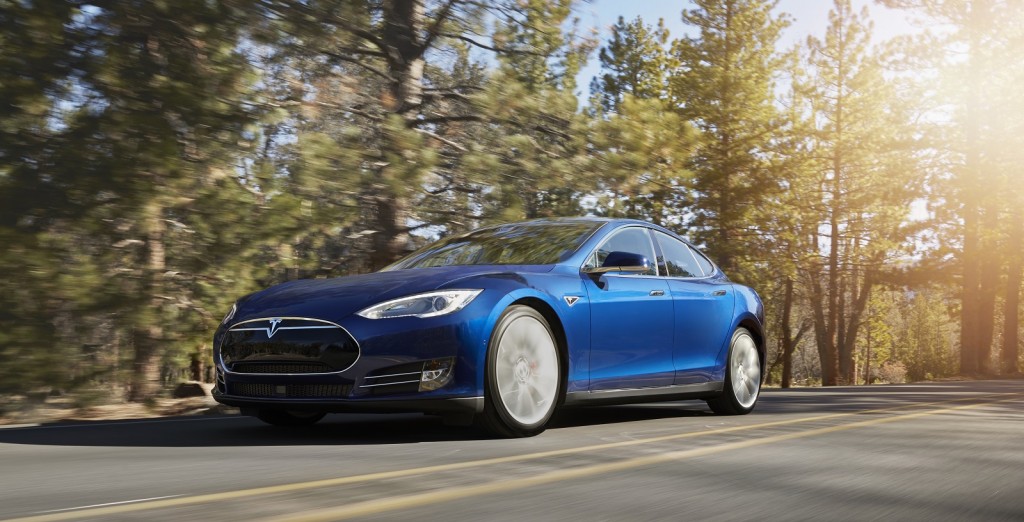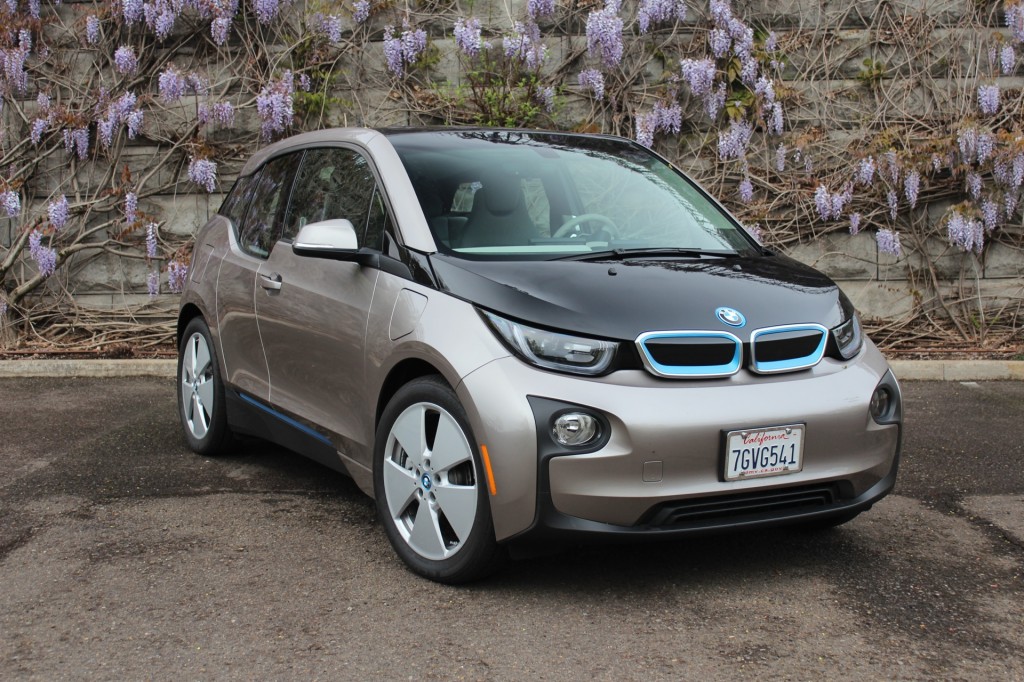With the approaching midterm review of the Corporate Average Fuel Economy rules coming up in the next two years, automakers and advocates are positioning themselves to lobby for changes to the rules.
Auto companies are preparing to push aggressively not only to have those rules tweaked, relaxed, or delayed, but to do the same to California's zero-emission vehicle requirements.
DON'T MISS: Fuel-Economy Rules Likely To Stay Put Through Midterm Review: Consensus
The problem, makers say, is that with gasoline prices currently low and the fuel efficiency of all vehicles rising steadily under five years of CAFE rules thus far, car buyers are showing little interest in more efficient cars.
And plug-in electric cars, they feel, fall into that category.
Car buyers, in fact, "shrug" at fuel economy concerns when they are at his dealership, dealer, says Forrest McConnell, president of McConnell Honda-Acura in Montgomery, Alabama.
He was quoted in trade journal Automotive News, which covered a talk he gave at last week's Management Briefing Seminars for the auto industry, held every summer in Traverse City, Michigan.

Jerome Guillen and Diarmuid O'Connell of Tesla Motors, press conference at 2014 Detroit Auto Show
Reuters covered the same panel discussion, in which McConnell faced off against Tesla Motors executive Diarmuid O'Connell, who urged that zero-emission vehicle mandates and incentives be strengthened.
Automakers are "struggling" to meet the required mandates, according to statements by industry representatives at the same panel--and that's before the California numbers start to ramp up sharply in 2018.
Those rules were supported both by the California regulators and officials from the Environmental Protection Agency who took part in the panel.
ALSO SEE: Electric Cars' Secret Advantage: They're Just Nicer To Drive
O'Connell suggested that perhaps the legacy automakers were struggling because their electric cars were "appliances in terms of the concept and the way that they look."
That contrasts with his own company's products, known for sleek styling, long range, stunning performance, and top safety scores--as well as that indefinable tech-forward image.

2015 Tesla Model S 70D in new Ocean Blue color
But we note that established makers have bucketed reasons to buy electric cars into just one category: efficiency and cost savings.
We'd argue that, as they should clearly know, there are multiple motives for buying an electric car--and saving money is only one, and not the primary one for many purchasers.
Indeed, few would argue that buying a Tesla Model S is a way to save money, given prices ranging from $70,000 to more than $130,000.
Instead, the best way to persuade someone to buy an electric car turns out to be letting them drive it for a day to a week.

2015 BMW i3 REx - Driven, Portland OR, April 2015
The smoother, quieter, calmer ride and maximum torque on acceleration makes gasoline cars feel primitive once the drivers gets back into one.
But perhaps it's a bridge too far for an established automaker to says in actual ads that electric cars are just qualitatively better to use than the ones they make that actually earn them money today.
_________________________________________________













